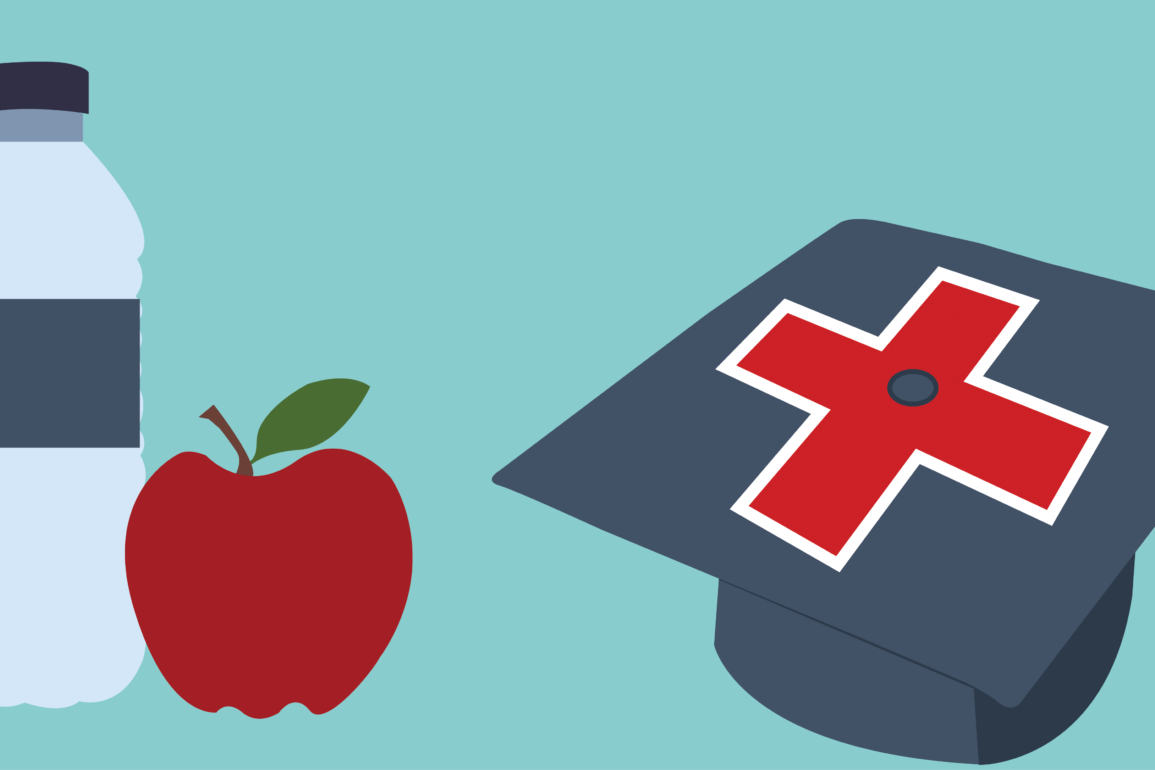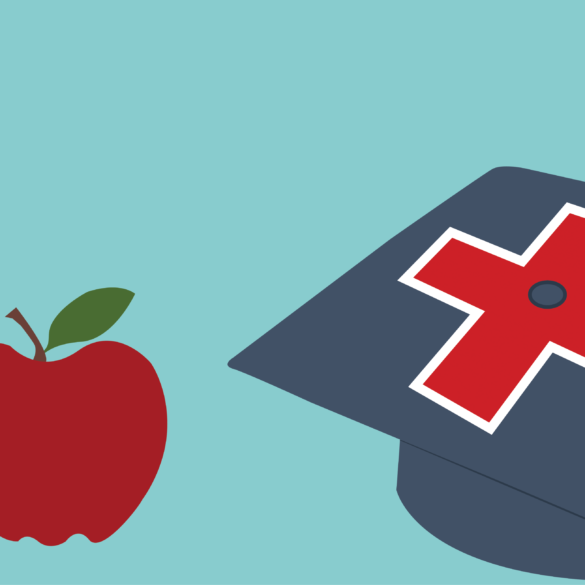Through health education programs, students can learn how to make better lifestyle choices.
Health education programs promote the well-being of individuals everywhere. An effective health education class or program can lead to healthier actions and lifestyles.
Ashley Vega, a Ball State University student, says she has benefitted from health programs. Her health instructor, Lisa Beck, creates a positive atmosphere in class. Ashley says Beck’s passion for what she teaches makes every class and every discussion more motivational.
Health education prompts people to improve and keep up with their health, prevent diseases, and reduce risky behaviors, according to the New Hampshire Department of Education. Ashley’s class with Beck inspires her to be healthier, especially physically. She now runs about four days a week, either in her apartment complex or her university’s recreation facility.
Stephen Shilling, another Ball State student, agrees that these programs have improved his understanding of health. While Stephen already had a gym membership and regularly exercised, his health courses have led him to pay attention to his nutrition, often choosing healthier foods.
In the past, when Stephen was hungry, he would go for pizza or pasta. Now he works to cut out carbs. Even when he has cravings, he holds back and chooses a healthier option.
According to the U.S. Department of Health & Human Services, education increases health literacy, or the ability to understand how decisions affect your well-being. The department also released a health literacy action plan, National Action Plan to Improve Health Literacy, that states nine out of 10 adults struggle to understand health information that appears in everyday life.
Christina Jones, a professor of health science at Ball State, agrees that health courses can change the lives of students. She teaches students about apps that aid in health literacy. After a lesson on how medications interact with one another, a student said that taking the health course allowed her to identify a problem with her grandmother’s medication. She used an app that checks the side effects and interactions between different medications, and saw that there could potentially be an issue.
Other educators have experienced similar reactions from their students. Christy Tunnell, an instructor of nutrition and dietetics at Ball State, says that one assignment in her course changed the eating habits of some of her students. The assignment asked them to focus on their diets and analyze how certain foods affect their bodies. For example, some students were surprised to learn that consuming too many processed foods might result in them missing key vitamins. Diet can also contribute to a constant tired feeling or inability to focus. Many students said the assignment was eye-opening. They hadn’t realized how poor their diets were.
Tunnell says the courses she teaches focus on promoting health. With these courses, students are given the information they need to make healthy decisions. However, making those choices are ultimately up to the students.
Learning about health doesn’t just help people improve their physical well-beings. It can also improve other areas of their lives. Specifically for students, health is linked to overall academic achievement, according to the Centers for Disease Control. Health education programs can change the way students live their lives, even after they leave the classroom.




